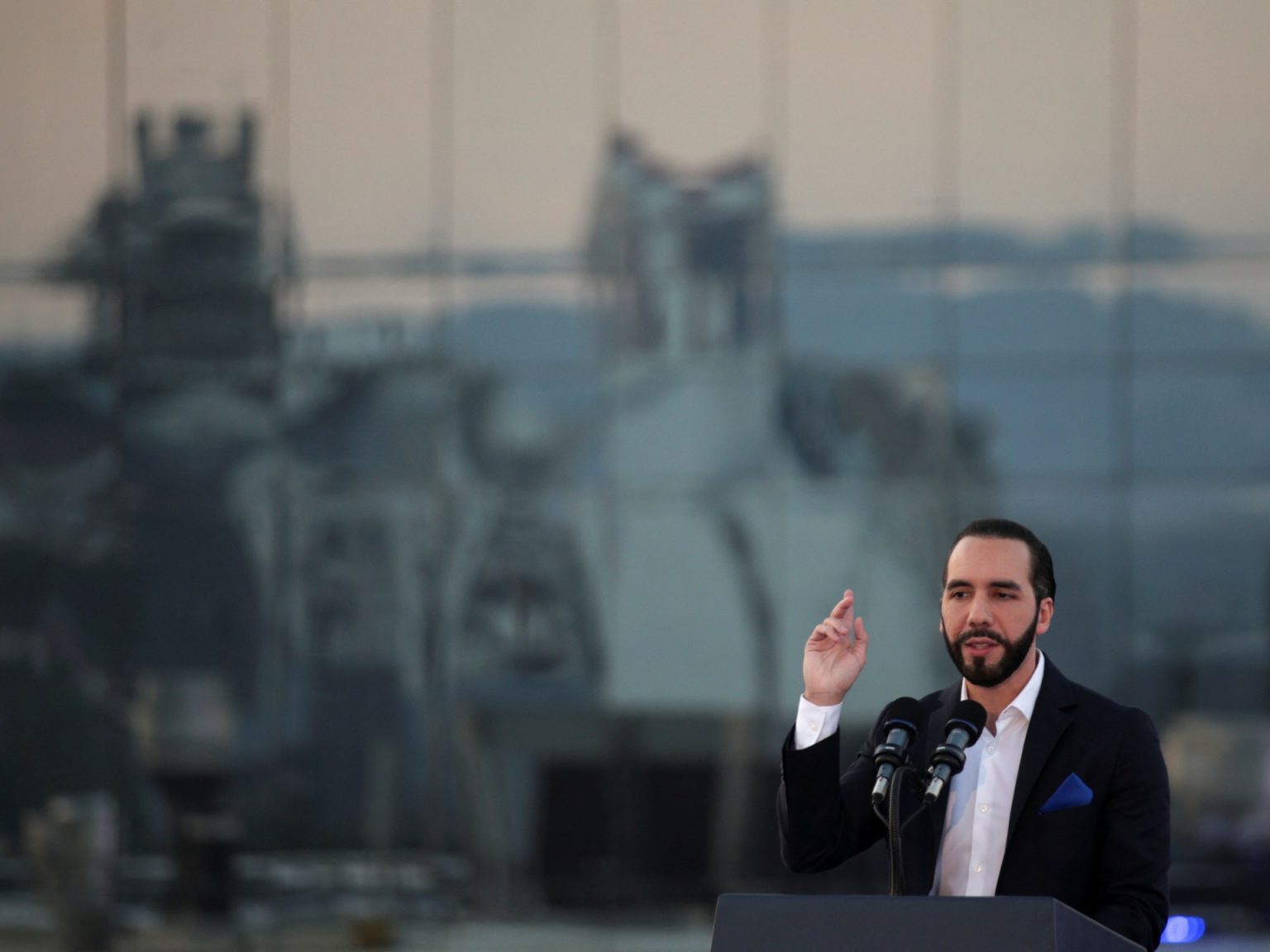In El Salvador, President Nayib Bukele is set to be sworn in for a second term after his landslide victory in February. The 42-year-old, who refers to himself as a “cool dictator”, won with 85% of the vote and will govern with near-total control of parliament and other state institutions. Bukele, a former publicist and mayor, will be inaugurated at the National Palace in the capital, San Salvador, with dignitaries such as Spanish King Felipe VI and Argentinian President Javier Milei in attendance. However, the preparations for the ceremony were disrupted by reports of a plot to detonate explosives across the country.
Bukele has gained immense popularity in El Salvador due to his tough stance on criminal gangs, which has brought a sense of normalcy to a violence-weary society. While his approach has been criticized by rights groups, it has made him the most popular leader in Latin America. His party, New Ideas, achieved a near-clean sweep in legislative elections, winning 54 out of 60 seats. Despite his high approval ratings, experts warn that economic concerns, such as high government debt and rising consumer prices, may overshadow safety concerns in public discourse.
During his first term, Bukele focused on cracking down on gangs, which he referred to as a “cancer” responsible for thousands of deaths in El Salvador over the years. He implemented a state of emergency that allowed for the arrest of over 80,000 presumed gang members without a warrant and built the largest prison in Latin America to hold them. While Bukele claims to have transformed El Salvador from the murder capital of the world to the safest country in the Western Hemisphere, there have been reports of human rights abuses, including killings and torture of detainees, as well as the arrest of innocent individuals, including minors.
In his second term, Bukele will have even more power after the legislative assembly approved a reform that will make it easier for him to push through constitutional changes. Critics have raised concerns about his authoritarian tendencies and his ability to essentially bypass the law to achieve his goals. Despite his outsider image and promises of change, Bukele has faced backlash for his consolidation of power and crackdown on dissent. The upcoming term will test his ability to address the economic challenges facing the country, such as food inflation and high public debt, while maintaining his popularity among voters. As Bukele prepares for his second inauguration, he faces both praise for his tough stance on crime and criticism for his methods and impact on human rights in El Salvador.


